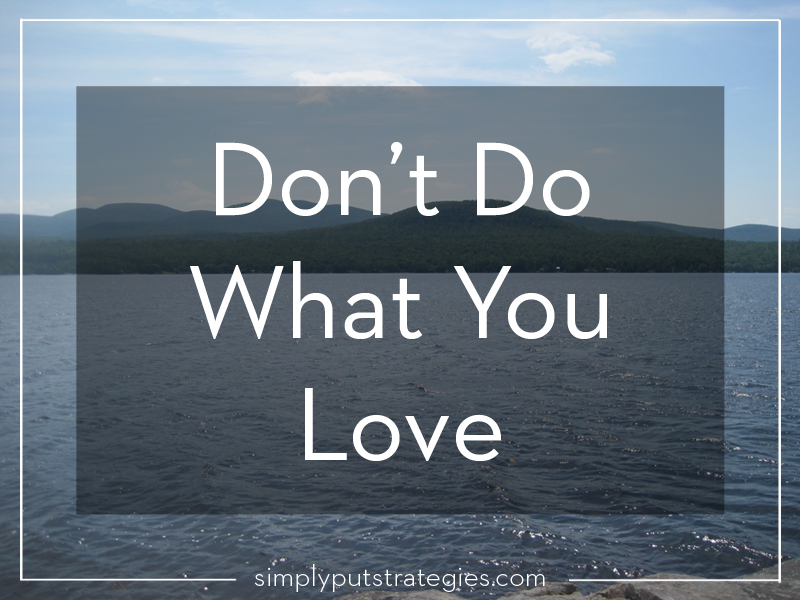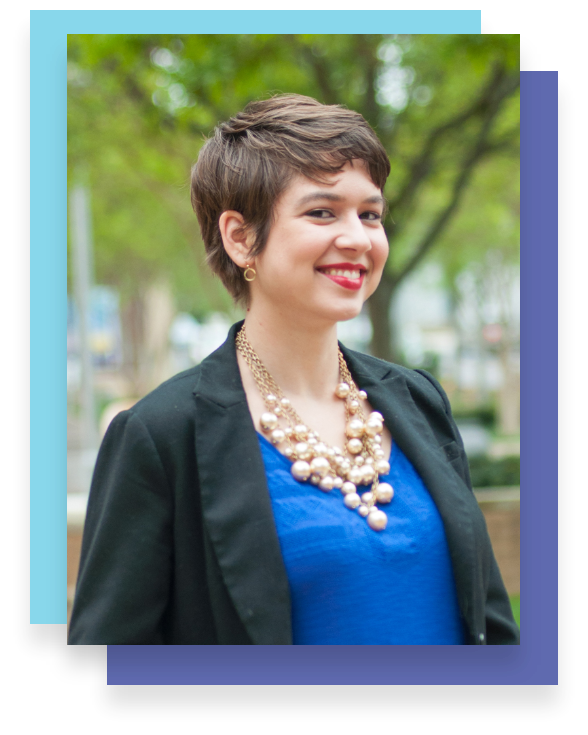 A million times we’ve heard the advice, “do what you love.” There are hundreds of books written on the topic. But there are problems with this advice:
A million times we’ve heard the advice, “do what you love.” There are hundreds of books written on the topic. But there are problems with this advice:
- If you’re not doing what you love, you may feel like you’re doing life wrong
- It sets up an impossible standard – how do you find work you love?
- People love more than one thing
There’s a lot of emphasis on meaningful careers. Apparently the ideal is to find work you’re so passionate about that you’d do it for free, but that’s limiting. There are many ways to create meaning, and perhaps doing something that contributes to a larger picture and allows you to buy food you like is enough meaning to expect from work.
Besides which, there are many factors that go into loving a job beyond the actual work you do (and people rarely love all the work they do). Factors like your coworkers and work environment (physical space, access to food and bathrooms, dress code, flexibility). Your benefits. The commute. And sure, the company purpose or mission.
Regardless of the nature of your job, you’ll do the things you love in life because you love them (which is simple if not easy). A better way to think about work is to do something that’s valuable, or do something you’re good at – even if you don’t love it.
I studied Gender and Women’s Studies and English in college. These are social and cultural educations: learning how to communicate with people, write, analyze situations, and understand history and context. They are not career-training fields the way engineering or computer programming are (Of course, some people go on to become writers and gender advocates. I didn’t). I spent four years learning what I love, and it was great. But if I went to school now, I would do it differently. I’d study something I’m good at that is valuable to other people: something with quantifiable, marketable skills.
It may be that you’re good at something that’s valuable, and you love it. Great. But if not, don’t worry. Your career doesn’t have to be your passion. It can just be the means that provides you the ends you want: the goods and services you value and what you want for your future self. Penelope Trunk puts it that, “career decisions are not decisions about ‘what do I love most?’ Career decisions are about what kind of life do I want to set up for myself?”
Millennials were raised with unrealistic expectations of finding passionate careers and being immediately successful at them. I have not found this to be easy, and neither have most of my peers. Maybe it’s time to adjust our expectations.
(photo by Eva Jannotta)






